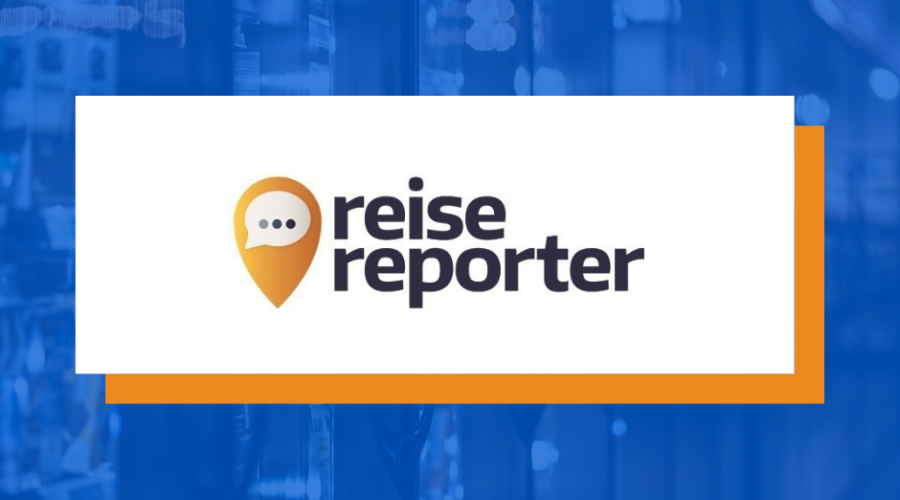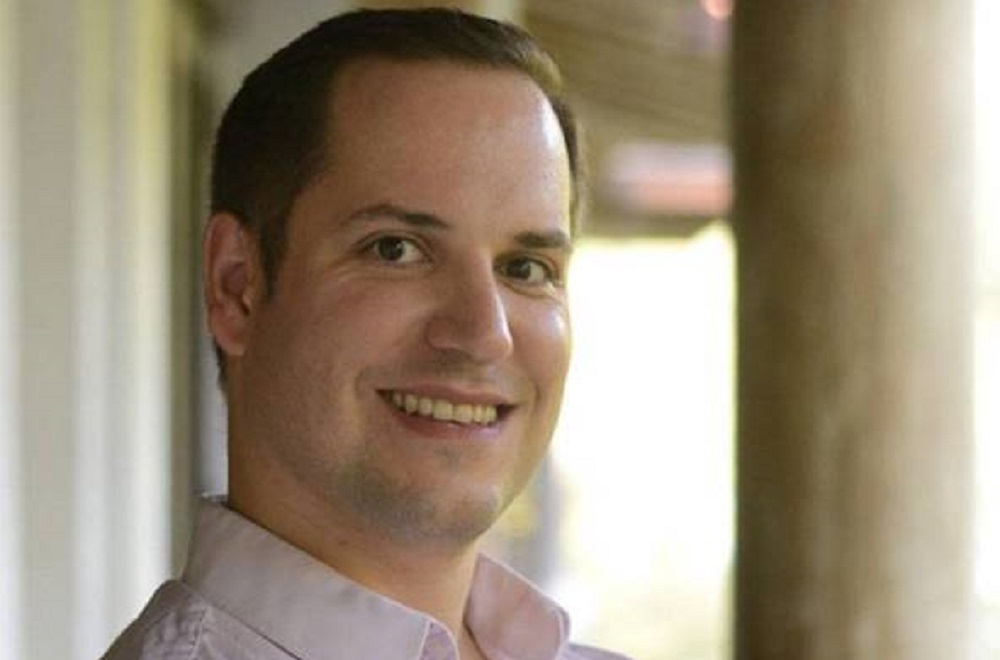Airport Ranking: Zurich is Europe’s best airport
“This year has been one of the most challenging for the global travel industry. Many airports were closed for weeks or even months. While travel slowly recovers we want to inform consumers which airports are the most convenient to travel from and to in Europe. Airports with more space per passenger rank higher in our analysis. This is helpful to know for travelers who try to maintain distance from others. If you have to travel this Summer, you might want to consider starting or ending your journey at well-designed airports such as Zurich, Düsseldorf, or Copenhagen.
from Consumer Choice Center https://ift.tt/3jDjkjY










